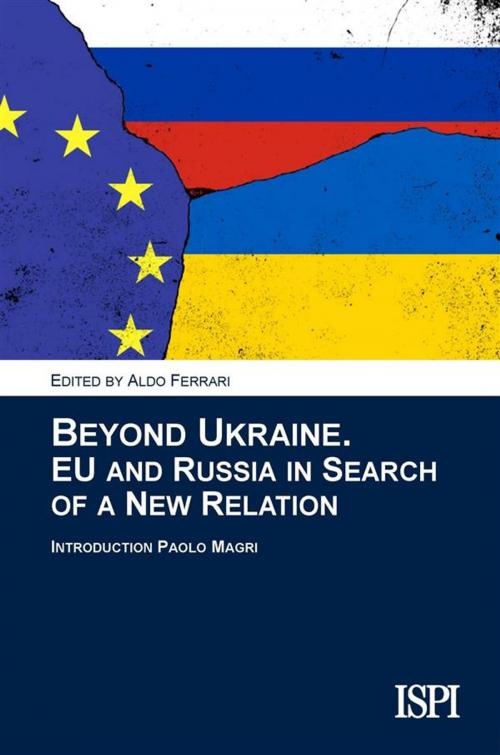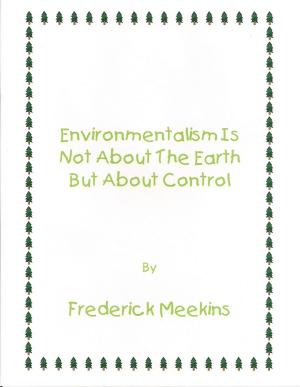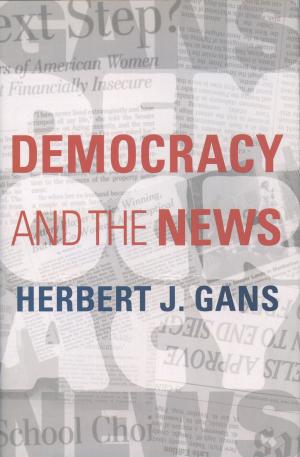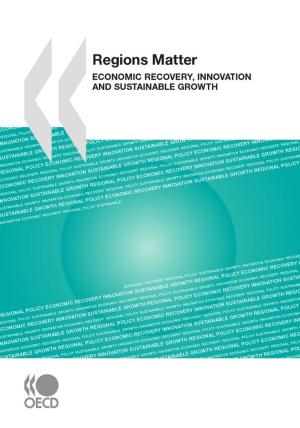Beyond Ukraine
EU and Russia in Search of a New Relation
Nonfiction, Social & Cultural Studies, Political Science| Author: | Aldo Ferrari | ISBN: | 9788898014781 |
| Publisher: | Edizioni Epoké | Publication: | July 20, 2017 |
| Imprint: | Language: | English |
| Author: | Aldo Ferrari |
| ISBN: | 9788898014781 |
| Publisher: | Edizioni Epoké |
| Publication: | July 20, 2017 |
| Imprint: | |
| Language: | English |
During the last 15 years Putin’s policies have produced a number of controversial effects both at the international and domestic levels, some diplomatic results, and unresolved regional conflicts. In foreign policy he accordingly launched the idea of a Greater Europe. To this aim and with the view to highlighting the goodwill of the Russian government to enhance cooperation with the European Union as a pro-active and equal partner. Sooner than expected, political divergences and vital interests emerged. As a result, the Greater Europe project was progressively frozen, if not plainly abandoned. However, the EU-Russia joint attempts to solve the Ukrainian crises, which were undertaken during the “Normandy Four” meetings (Germany, France, Russia, Ukraine), resulted in signing the weak – but still important – Minsk agreements. This helps to prove that there is still room for cooperation between the two sides. These agreements may hopefully set the stage for a more comprehensive deal aiming to close the gap between the EU’s and Russia’s competing visions.
During the last 15 years Putin’s policies have produced a number of controversial effects both at the international and domestic levels, some diplomatic results, and unresolved regional conflicts. In foreign policy he accordingly launched the idea of a Greater Europe. To this aim and with the view to highlighting the goodwill of the Russian government to enhance cooperation with the European Union as a pro-active and equal partner. Sooner than expected, political divergences and vital interests emerged. As a result, the Greater Europe project was progressively frozen, if not plainly abandoned. However, the EU-Russia joint attempts to solve the Ukrainian crises, which were undertaken during the “Normandy Four” meetings (Germany, France, Russia, Ukraine), resulted in signing the weak – but still important – Minsk agreements. This helps to prove that there is still room for cooperation between the two sides. These agreements may hopefully set the stage for a more comprehensive deal aiming to close the gap between the EU’s and Russia’s competing visions.















